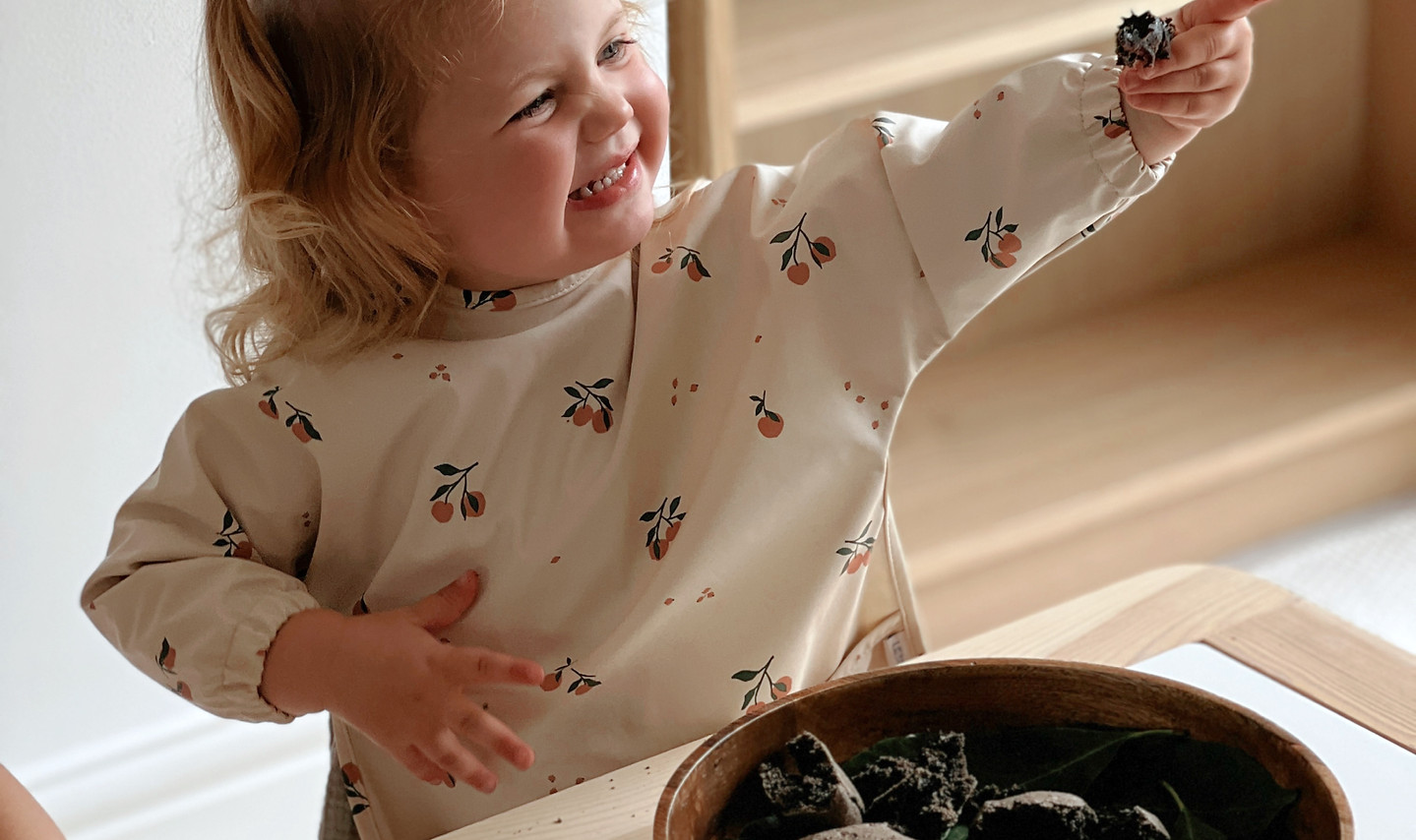
"If children are our future, then there is no greater way to invest in the future than investing in our children."
At birth
One year
Three years

25%
70%
85%
Did you know that roughly 85% of a child's brain is fully developed by the age of 3? The first 3 years of a child's life are more important than any other, with each interaction during these critical early years laying the foundations for their future. Research shows that by the age of 6 most of the brain is formed, however it isn't until around 25 years old that brain development is fully complete. This does not mean that we cannot learn after this age, it simply means that the quality of learning available to us will depend primarily on the foundations we have acquired in our early years. The first few years of childhood are crucial for making brain connections, the most positive connections made = the more responsive the brain is. Through hands-on play, our membership helps children develop crucial skills during their early years.
OUR FOCUS IS PROVIDING PARENTS WITH THE RIGHT TOOLS TO HELP THEIR CHILDREN FLOURISH
What if we told you that you can shape your child into a curious, creative and independent individual and you already have everything you need at home? We will show you what purposeful play really is and help you assist your child in building the essential skills they will need throughout their lives. We offer play with much richer interaction by encouraging young children to interact with objects of different textures, shapes and sizes that are already present in their daily routines. We want to help you raise children who are resilient, curious, capable and able to think critically in day to day situations.
✓ You already have everything you need at home
✓ No time consuming or elaborate set ups, everything is quick and easy
✓ Manageable step by steps
✓ Tips to further play
✓ Easily understand the skills your child is learning during each activity
✓ You'll never be stuck for things to do
✓ No need to follow a course, go at yours and your child's pace
HOW DO WE SUPPORT SENSORY EXPLORATION?
Before small children are able to communicate, the only way they can make sense of the world is through exploring their senses. Our play ideas are not only fun and stimulating, they engage the 5 most important senses, touch, sight, hearing, taste and smell. Research supports that sensory play is crucial for healthy brain development, enhancing the way children think, react, discover and explore. Sensory play has many benefits from promoting better eating, supporting social and emotional development, building focus and attention and assisting cognitive growth. Our play ideas encourage children to richly engage with taste safe materials, explore different textures and stimulate the sense of smell.

